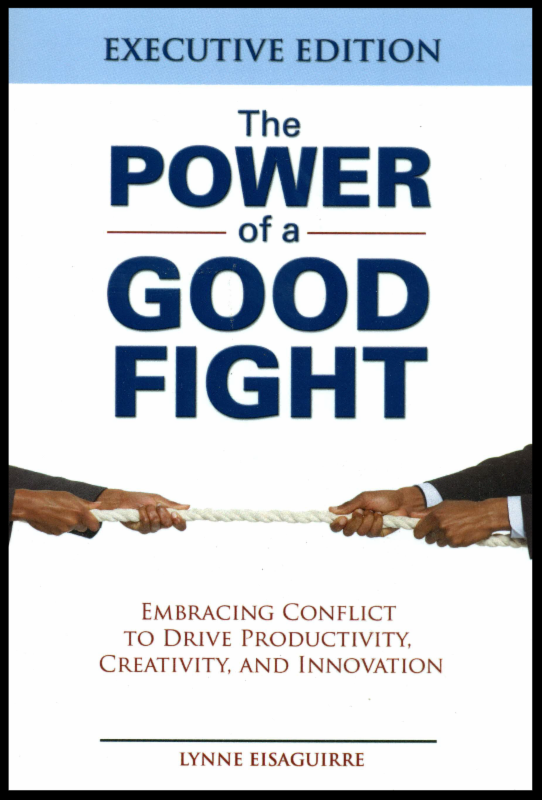 November 5, 2018 November 5, 2018
Want to Know What You Probably Don’t Understand About the Recent Google Walk-out? Read On!
Last week, Google employees from all over the world walked out in protest over how the organization handled sexual harassment claims and especially, how they paid a $90 million exit package to executive Andy Rubin, developer of the Android phone, who left amid a cloud of sexual harassment allegations, back in 2014.
In the past, Google has not been transparent about how and why they have handled these kinds of claims. Understandably, they have instituted non-disclosure agreements (NDAs) with the parties involved in these situations, most likely on their attorneys’ advice. NDAs are standard in these kinds of cases, in order to protect the privacy of all the people involved. In most situations, personnel matters are supposed to be confidential, including the circumstances of any discipline or departure, to protect the privacy rights of the accused and guard against claims of defamation.
Recently, with all the #MeToo dialogue, NDAs have come under increasing criticism, with some commentators arguing for more transparency. My prediction is that this is not likely to happen to any great extent, given most organization’s reasonable fear of litigation from the alleged harasser or discriminator. There are, however, things that leaders can do in the way of transparency to give people in their organizations some information, without violating the rights of those accused.
What Should You Do?
Investigations and claims stir up lots of upset. People take sides and rumors abound. While you cannot usually disclose the details of how claims are resolved, nor can you reveal the details of discipline or terminations, you can proceed in ways that will help bring resolution to those who remain. In my article “Do You Know How and Why to do Teambuilding After an Investigation” I outline ways to effectively rebuild a team after an investigation.
Below are some additional ideas for effective team rebuilding with the general work group:
- NOTE: Depending upon the issues, preliminary meetings may need to be conducted with involved leaders, corporate counsel and so on. Address any concerns about privacy and confidentiality.
- Who should attend general meeting? Any witnesses or others who were aware of the investigation.
- Explain the purpose of the meeting: i.e. to move on from the situation, make sure that everyone can work well together, answer appropriate questions.
- Provide a sanitized summary of what happened. Example: There was a complaint of inappropriate jokes in the workplace, we conducted an investigation, the complaint was found to be substantiated and we took appropriate corrective action. Do not identify who complained, who was accused and so on. Focus on behavior.
- Review the law and your organization’s policy and values around the issues raised in the complaint.
- Explain, in a general way, how and why investigations are conducted, including confidentiality, standards of proof, witnesses, responsibility to conduct a full and fair investigation, standards for corrective action, retaliation, rights of everyone involved and so on.
- Ask how they were affected by the complaint and investigation. Allow people to vent appropriately.
- Address and quash any rumors.
- Find out what the participants need to go forward and work well together and with anyone else involved.
- Get a commitment from participants to work well together.
- Allow an opportunity to ask questions and address any other concerns.
What Do You Think?
How much transparency do you allow after an investigation? What do you say or do?
 Did You Know Did You Know
We work with organizations after investigations are complete in order to rebuild teams and help the involved parties move on.
Call or write us at: 303-216-1020 or
Learn more about our training offerings and check out our team members at:
Be sure to read Lynne’s book: The Power of a Good Fight and learn to embrace conflict to drive productivity, creativity and innovation.

|
|
3985 Wonderland Hill | Suite 106 | Boulder, CO 80304
|